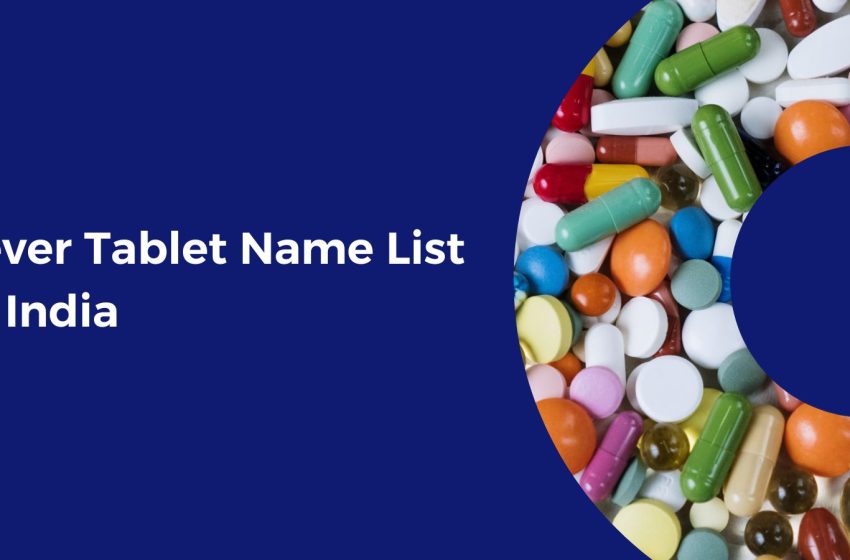Best Medicines Used for Fever: Your Comprehensive Guide

Fever is a common symptom that can be caused by various underlying conditions, from infections to chronic diseases. Managing fever effectively is crucial to alleviate discomfort and prevent complications. In this blog, we will explore the best medicines used for fever, how they work, their benefits, and essential tips for safe use.
Understanding Fever
Before diving into the best medicines for fever, it’s essential to understand what fever is and why it occurs. Fever is the body’s natural response to infection or illness, characterized by an elevated body temperature. It is often accompanied by symptoms such as chills, sweating, headache, and muscle aches. While fever can be uncomfortable, it is usually a sign that the body is fighting off an infection.
The Best Medicines Used for Fever
Here are some of the most commonly used and effective fever reducers:
-
Paracetamol (Acetaminophen)
- How it works: Paracetamol is an antipyretic (fever reducer) and analgesic (pain reliever). It works by inhibiting the production of prostaglandins, chemicals in the body that cause inflammation and fever.
- Benefits: Paracetamol is widely used due to its effectiveness and minimal side effects when taken at the recommended dose.
- Dosage: Adults can take 500-1000 mg every 4-6 hours, not exceeding 4000 mg per day. For children, dosage should be based on weight and age, following pediatric guidelines.
-
Ibuprofen
- How it works: Ibuprofen is a nonsteroidal anti-inflammatory drug (NSAID) that reduces fever by blocking the production of prostaglandins.
- Benefits: In addition to lowering fever, ibuprofen also relieves pain and reduces inflammation.
- Dosage: Adults can take 200-400 mg every 4-6 hours, not exceeding 3200 mg per day. For children, dosage should be based on weight and age, following pediatric guidelines.
-
Aspirin
- How it works: Aspirin is an NSAID that lowers fever by inhibiting the production of prostaglandins.
- Benefits: Besides reducing fever, aspirin can relieve pain and inflammation. It also has blood-thinning properties, which can be beneficial in certain conditions.
- Dosage: Adults can take 300-600 mg every 4-6 hours, not exceeding 4000 mg per day. Aspirin is not recommended for children due to the risk of Reye’s syndrome.
Safety Tips for Using Fever Medicines
While fever medicines are generally safe when used correctly, it’s important to follow these tips to ensure safe and effective use:
- Follow Dosage Instructions: Always adhere to the recommended dosage instructions on the label or as advised by your healthcare provider.
- Avoid Mixing Medicines: Do not combine different fever medicines unless directed by a healthcare professional.
- Monitor for Side Effects: Be aware of potential side effects, such as stomach upset with NSAIDs, and seek medical advice if you experience any adverse reactions.
- Consult a Healthcare Professional: If fever persists for more than three days, or if you have underlying health conditions, consult a healthcare professional for personalized advice.
Where to Buy Fever Medicines
For affordable and reliable fever medicines, visit Zeelab Pharmacy. Zeelab Pharmacy offers a wide range of essential generic medicines at affordable prices, ensuring that all citizens of India have access to quality healthcare.
Conclusion
Managing fever effectively is essential for comfort and recovery. Paracetamol, Ibuprofen, and Aspirin are among the best medicines used for fever relief. By understanding how these medicines work and following safe usage guidelines, you can effectively manage fever symptoms. Remember to consult a healthcare professional if you have any concerns or if symptoms persist.
Stay informed and take control of your health with the best fever medicines available. For more health tips and affordable medications, visit Zeelab Pharmacy today.

